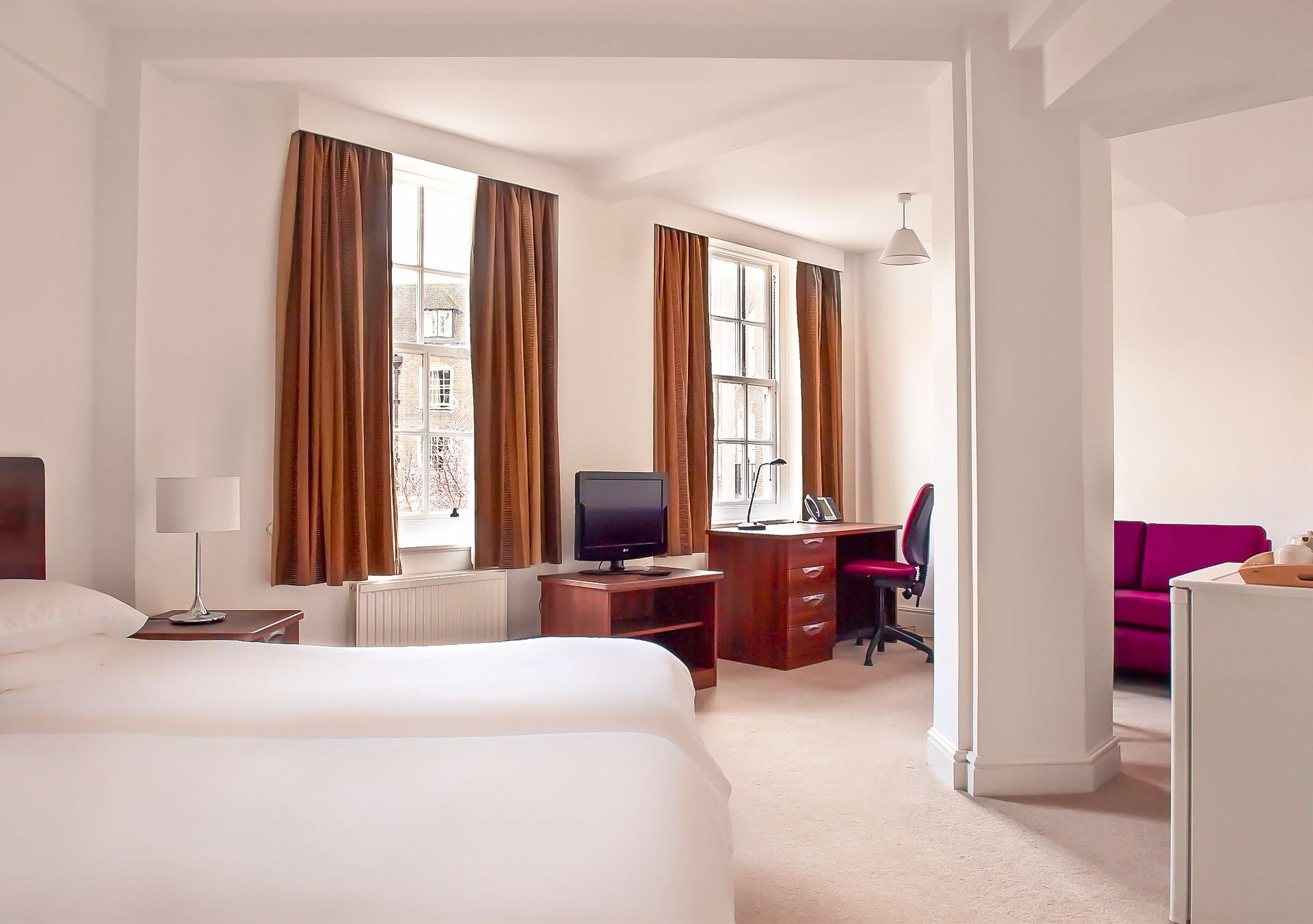Liverpool is a city and metropolitan borough of Merseyside, England, along the eastern side of the Mersey Estuary. It was founded as a borough in 1207 and was granted city status in 1880. By the 18th century, trade from the West Indies, Ireland and mainland Europe, coupled with close links with the Atlantic Slave Trade furthered the economic expansion of Liverpool, and by the early 19th century, 40% of the world's trade passed through its docks. Several major docking firsts have occurred in the city, including the construction of the world's first enclosed wet dock (the Old Dock) in 1715. The best-known dock in Liverpool is the Albert Dock, constructed in 1846.
The popularity of The Beatles and the other groups from the Merseybeat era contributes to Liverpool's status as a tourist destination. Liverpool's rich architectural base has also helped the city become the second most filmed city in the UK outside of London, often doubling for Chicago, London, Moscow, New York, Paris and Rome. The city's new cruise liner terminal, which is situated close to the Pier Head, also makes Liverpool one of the few places in the world where cruise ships are able to berth right in the centre of the city.
There is a considerable variety of architectural styles found within the city, ranging from 16th century Tudor buildings to modern-day architecture, but most of buildings date from the late 18th century, when the city grew into one of the foremost powers in the British Empire. One of the most famous locations in Liverpool is the Pier Head, renowned for the trio of buildings, the Royal Liver Building, the Cunard Building and the Port of Liverpool Building, collectively referred to as the Three Graces. Liverpool is noted for having two Cathedrals: the Anglican Cathedral, the largest Cathedral in Britain and the fifth largest in the world, and the Roman Catholic Metropolitan Cathedral.
Accommodation in Liverpool’s University Residences
Liverpool has three universities, the oldest of which is the University of Liverpool, established in 1881. Some visitor accommodation is offered during the university vacation periods, however, it should be understood that the university halls are designed primarily for students: not children or for adults expecting a high level of luxury. However, with this in mind, the halls do meet level of comfort that we expect most visitors to be happy with, and we will welcome any feedback where this is not the case.
Getting to Liverpool
Transport in Liverpool is primarily centred around buses, trains and ferries. Liverpool has direct road links with many other areas within England: to the east, the M62 motorway connects Liverpool with Hull, Manchester, Leeds and Bradford, as well as the M6 and M1 motorways, providing indirect links to Birmingham, Sheffield, Preston, London and Nottingham.
The national rail network provides Liverpool with connections to major towns and cities across the England. The city's primary mainline station is Lime Street station, which acts as a terminus for several lines into the city. Train services from Lime Street provide connections to numerous destinations, including London (in 2 hours 8 minutes with Pendolino trains), Birmingham, Newcastle upon Tyne, Manchester, Preston, Leeds, Scarborough, Sheffield, Nottingham and Norwich. The Port of Liverpool is one of Britain's largest ports, providing passenger ferry services across the Irish Sea to Belfast, Dublin and the Isle of Man.
